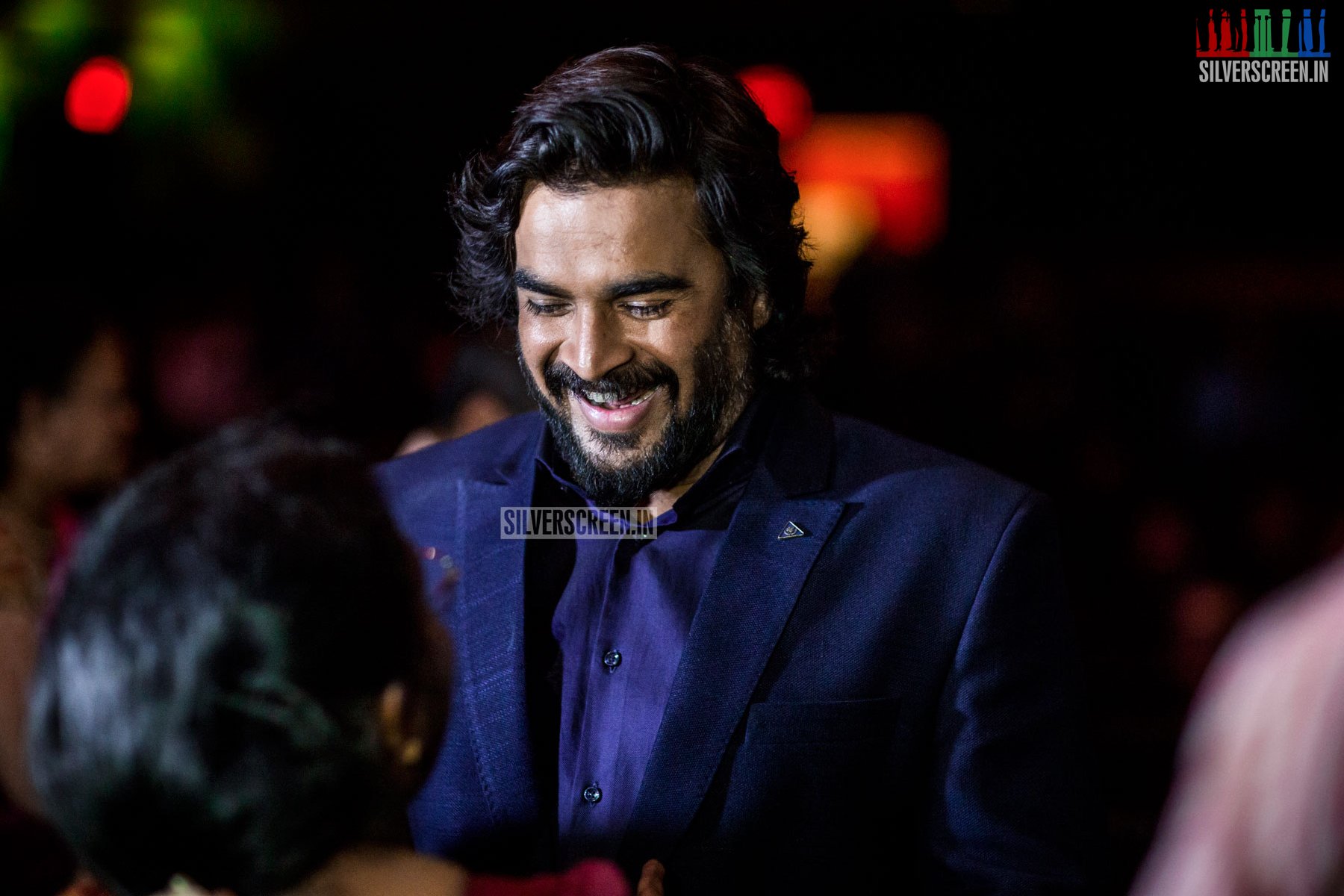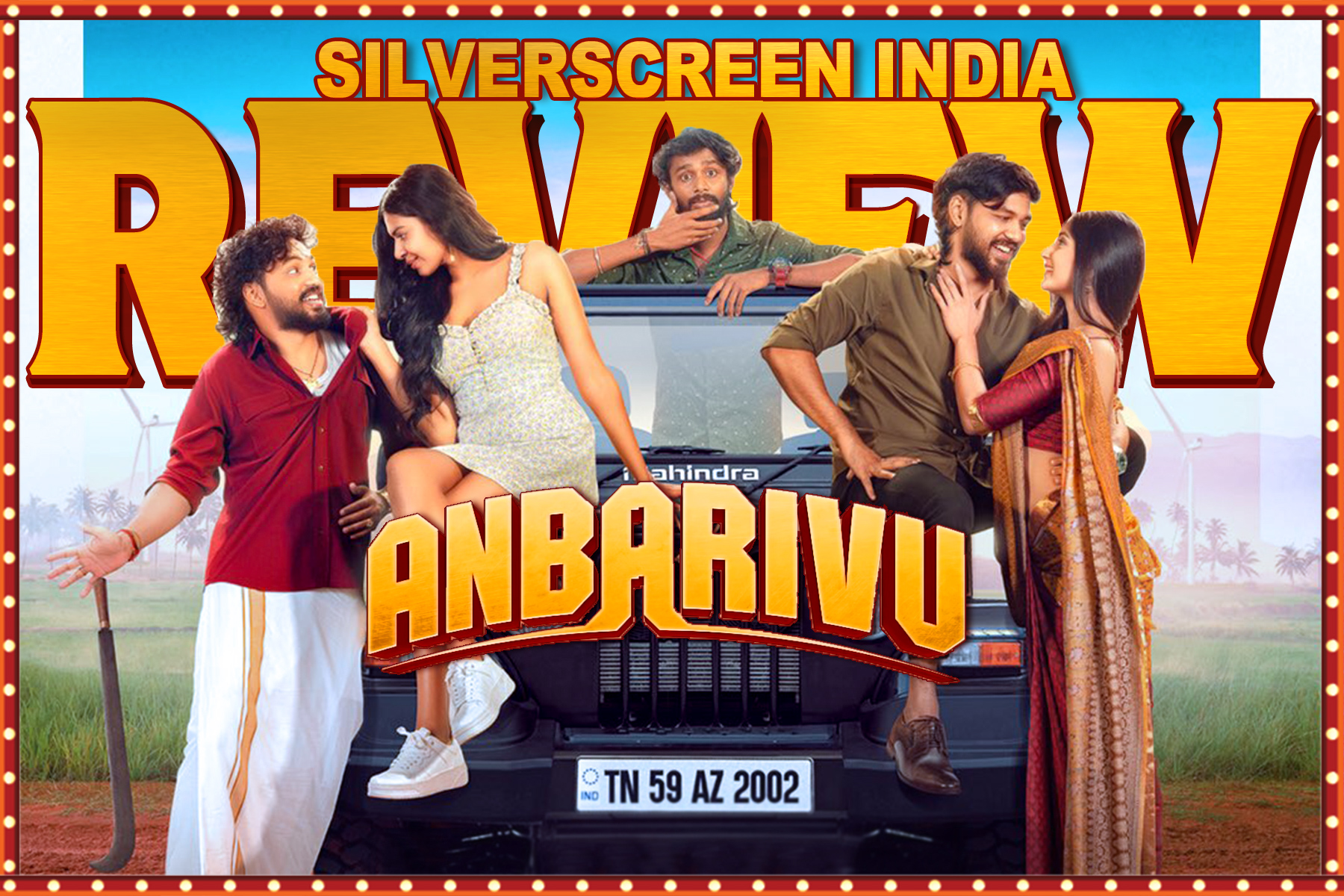Malayalam film music has always reserved the sweetest words for female adolescence. Seventeen is tender, the age to love and be loved. Filmmaker Girish AD‘s Super Sharanya (2021), an audacious aberration, challenged this cliché, poured acid over the romantic dream and replaced the glitter associated with the teenage girl with a more realistic sense of bitterness. The first song from the film, Asubha Mangalakaari, describes its clumsy 17-year-old protagonist in simple, humorous and vivid images:
മണ്ട പോയ തെങ്ങൊരുത്തി
A headless coconut tree
കാലാവധി കഴിഞ്ഞുറഞ്ഞിരിക്കണ വേദന സംഹാരി
A bottle of expired painkiller
“Sharanya is pretty and intelligent, but she can’t get anything right or catch a break. I created the expression Asubha Mangalakari, an oxymoron, to establish her character,” says Suhail Koya, the film’s lyricist. The audio album of Super Sharanya has four songs, each edging over the others in etching out the beautiful imperfections of adolescence.
Lyricist Manu Manjith’s work in Basil Joseph’s 2021 superhero film Minnal Murali boasts similar qualities. Manu uses unusual words and expressions to laud the superhero descending on a hamlet in Thee Minnal Thilangi. In Kugraamame, he establishes Jaison as a misfit in the village. “I don’t think there is another song in Malayalam cinema that uses the words Puccham (disdain) or Keedam (worm),” says Manu. “Thee Minnal is cartoonish and slangy. I wanted the lyrics to remind the millennials of the vernacular comics from their childhood.”
The recent works of Suhail and Manu signal a departure from the prevalent style of songwriting in Malayalam cinema. Their songs are simple, quirky and original, drawing from everyday Malayali life.
In Malayalam film music’s golden era in the 60s, the likes of P Bhaskaran (popularly known as Bhaskaran Master) dug into colloquial Malayalam and found brilliant images that had a universal appeal. In the 90s, following a leap in the field of audio technology, film music underwent tremendous changes.
“The film industry started demanding lyrics that enhanced the sound. Soft and pleasant words like Puzha, Mazha, Mizhi were preferred over experimental expressions,” says Suhail.
Around the same time, the industry completely shifted to the format of writing lyrics after the tunes were set, a practice that continues to date. Suhail and Manu wait for the music composers to turn in the tunes to write the lyrics. “There have been occasions when I could write the lyrics first. For one, Thiruvavani Raavu, an Onam song, was written first. The way I look at it, songwriting is a part of a much larger process. All that matters to me is if the song fits into the movie’s world.
Manu, a homeopathic doctor by profession and a published poet, made his debut as a lyricist through the song Mandaarame (Ohm Shanthi Oshaana, 2014), a playful ode to guileless teenage romance. He has several popular songs to his credit, like the jingle-like numbers in Aadu Oru Bheekara Jeeviyanu (2015) and Thiruvaavani Raavu (Jacobinte Swarga Rajyam, 2016).
Manu believes rather than using complex metaphors, going local is the key to the longevity of the song lyrics. He cites a song from the film Neeli Saali (1960), written by Bhaskaran Master:
“ഞാന് വളര്ത്തിയ ഖല്ബിലെ മോഹം
പോത്തുപോലെ വളര്ന്നല്ലോ”
“The desire that I nurtured in my heart has grown into a bull.
Could that vexing pain of love be described in simpler, more expressive words!?”, he asks.
Manu used the expression Uyyaram Payyaram, a twist on a colloquial expression in Vadakara in Kannur, in a song in Kakshi Ammini Pilla (2019). “Uyyaram is like the region’s equivalent of Ayyo”. One of his most popular songs, Kudukku (Love Action Drama, 2019) uses an old-world expression Manduka/മണ്ടുക, hilarious but rarely used in daily conversations.
As the style of storytelling in Malayalam cinema changed, songwriting changed too. “Unlike in the olden days when they wrote songs that had an individuality independent of the movie, now directors do not believe that songs need to have an existence outside of the films,” he says.
Together, the songs in Minnal Murali narrate the film’s story. “ It is always better when a lyricist is entrusted with an entire album than hired to write one or two songs. It gives the writer a grip over the character/relationship development,” says Manu.
Suhail is of the same view. “Everything in the film industry is market-driven. Having complete control over the audio album will certainly help the lyricist come up with better work. But sometimes, a different lyricist is roped in just for a song because he/she is popular for writing a certain genre.”
Urdu was the first language Suhail was hooked on. During his higher studies in Coventry in the UK, he was introduced to the world of Urdu poetry and Sufi music. After returning to India, he moved to Delhi to learn the language. “I started reading poems of Allama Muhammad Iqbal, Faiz Ahmad Faiz, Gulzar…”
Later, his friend Ajith Pillai asked him to write a few Urdu lines for a background track in his film Mosayile Kuthirameenukal (2014).
His breakout work was Jathikka Thottam from Thanneer Mathan Dinangal (2019), Girish AD’s debut directorial, a song that brings to one’s mind the tanginess of the nutmeg fruit and the sweet nervousness about falling in love in the teens. The line “എന്റെയുള്ളില് പന്ത് പോലൊരു ഉരുണ്ട് കേറ്റം” perfectly captures the butterflies in the belly.
“I want my songs to connect with the masses,” says Suhail. “Recently, in a viral clip on social media, I saw an entire crowd of youngsters at a high-end wedding in Kerala singing Alliyaambal Kadavathu. It is incredible, isn’t it?”
Suhail closely follows the Malayali pop culture, memes and social media vocabulary. “Metaphors don’t come to me easily,” he says. “There are lyricists like Anvar Ali whose works are semi-poems. I cannot write like that. I don’t try to sound deep but use everyday colloquial lexicon. That’s where my strength is”
Songwriting is, in parts, a technical job, he says. “You have to keep in mind the taste of the audience, the trends, and what the director wants. There is a lot of pressure.”
Recommended
Suhail brainstorms with Justin Varghese, the composer of Thanneer Mathan Dinangal and Super Sharanya, to come up with ideas. “We are like brothers. We have similar tastes in music and movies. He likes to experiment with sound. It gives me the freedom to try out new kinds of expressions and lines. Pacha Paayal was such a work – a little lofi-like, infused with unusual, visceral imagery..” Love, in the song, is compared to a patch of wet, green moss on the wall.
Suhail is part of a collective of lyricists where they discuss myriad issues. “Unlike singers and composers, we don’t have a space on platforms like Spotify. We don’t have a database. Sometimes, companies like Youtube skips the name of the lyricist in the song video…”
Lyricists could get forgotten quickly, says Manu. “See, people have little attention span these days. Songs are listened to and discarded. But sometimes when I see a user on social media performing a couple of lines that I wrote or quoting it somewhere, I feel successful.”



